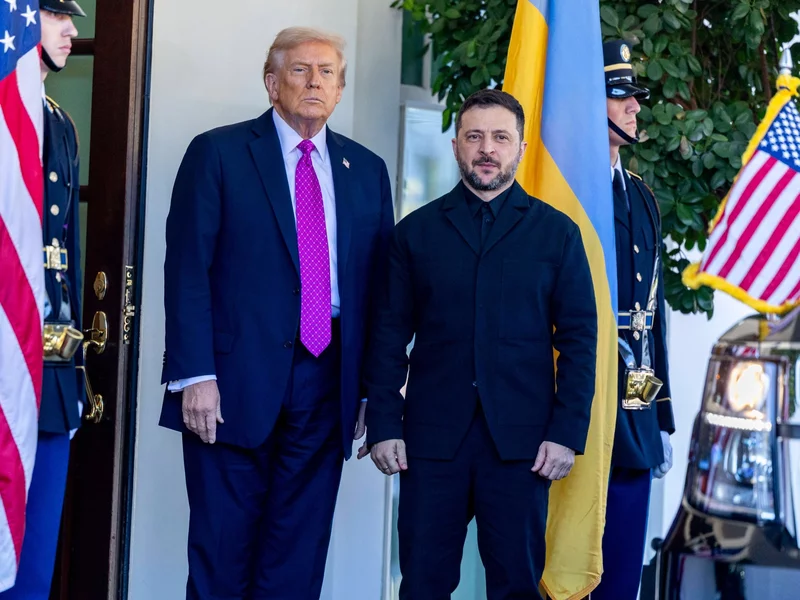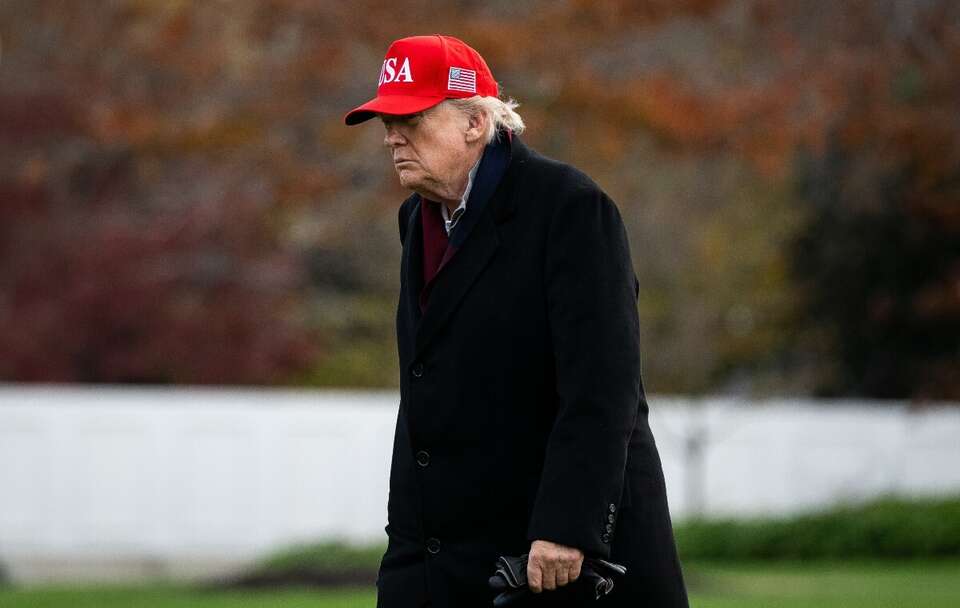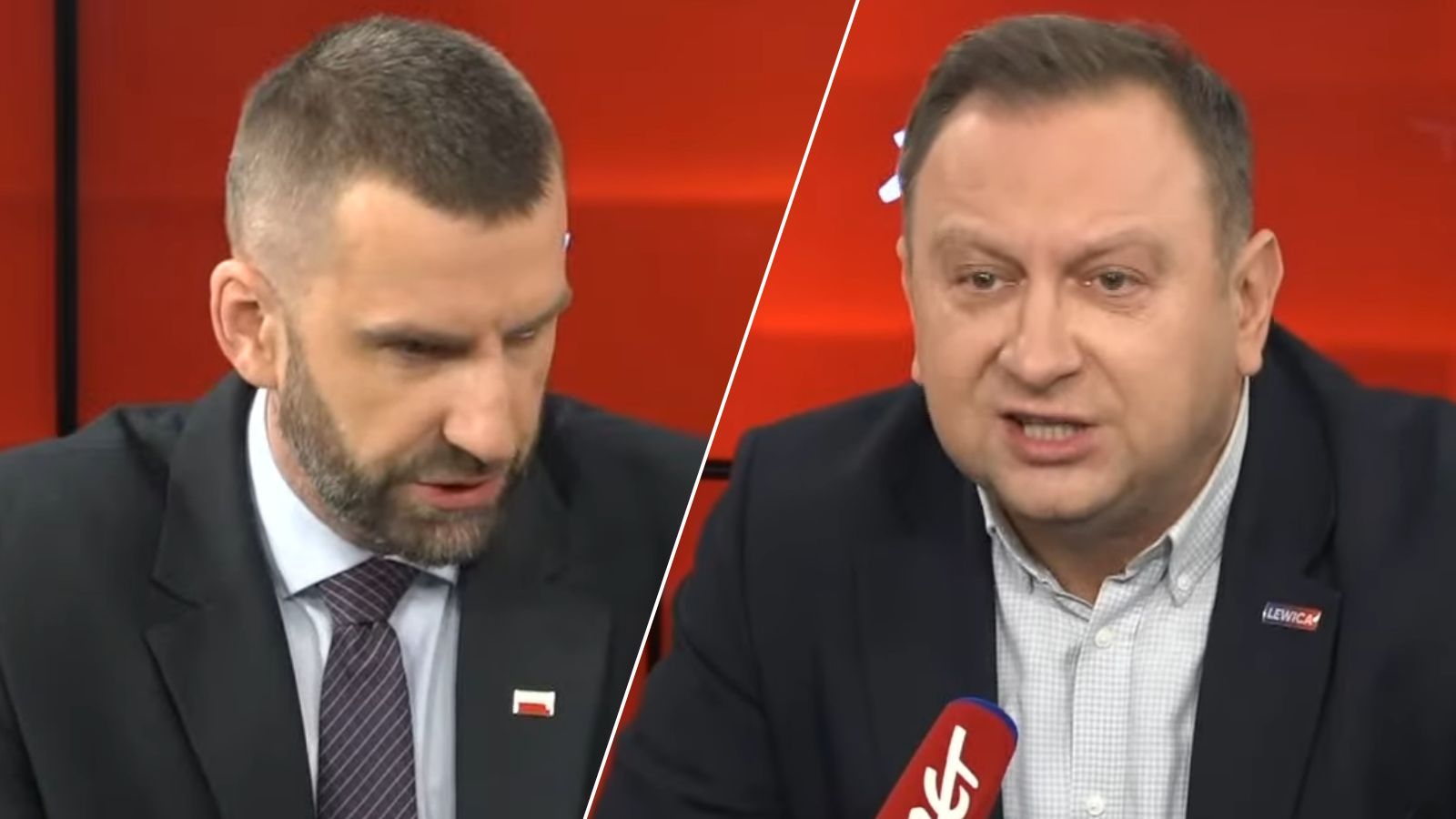
Steel Yourself For Cracking
By Benjamin Picton of Rabobank
Steel yourself for cracking
Jamie Dimon made headlines over the weekend by saying that a crack in the bond market is “going to happen” due to accumulated fiscal and monetary profligacy (which he repeated again this morning). While that’s certainly an incendiary comment in itself, most of the newspapers seem to have weirdly glossed over Jamie’s more blockbuster bromides at the same event, where he noted that the “tectonic plates [of geopolitics] are shifting” and “trade is [only] a part” of that. The JP Morgan CEO was unequivocal that the USA would no longer be the issuer of the reserve currency in 40-years’ time if it did not retain its position as the pre-eminent economic AND military power, and that the biggest threat that the nation faces is “the enemy within”. Yikes.
The man responsible for financing the US government doesn’t seem too worried. Scott Bessent told a hearing of the House of Representatives that the United States “will never default” on its debts. The fact that the question is even being asked seems place a few asterisks around that answer, with some of those perhaps relating to the USA inflating its way out, or engaging in financial repression to make the debt ‘sustainable’, or raising additional revenue through tariffs and/or the provisions of the Section 899 ‘Revenge Tax’. The latter is designed to punish foreign capital flowing from countries that do not comply with US wishes on trade (EU digital services tax, I’m looking at you).
Is it time to question the sacred cow of globalized capital markets?
As if to highlight Jamie’s point on the primacy of geopolitics, Ukraine managed to sneak a bunch of drones into cargo containers and then use them to take down fully one third of Russia’s long-range nuclear bombers. Some analysts are calling this a Russian Pearl Harbour (which might gloss over how the USA responded after the attack on Pearl Harbour) but the event surely highlights the changed nature of modern warfare, and the extent to which ‘small and cheap’ can defeat ‘big and expensive’. We might have learned that lesson after rag-tag Houthis managed to confound the assembled forces of Western capitalism in the Red Sea, or after the war in Afghanistan took twenty years to replace Taliban with Taliban, but here it is highlighted for us once again.
On the subject of the Middle East, the USA has reportedly sent Tehran a proposed “detailed and acceptable” nuclear deal with the strong suggestion that Iran should take it. According to reports, the deal would involve Iran foregoing all nuclear enrichment capabilities – which the Iranian leadership says it won’t do – in favor of a regional enrichment consortium that will likely involve Saudi Arabia (Iran’s major regional competitor). This comes at a time when the IAEA has just released a new report claiming that Iran has secretly enriched uranium to 60% purity, well beyond the levels required for civilian applications. If that stock were to be further enriched to 90% purity it would be enough for 9-10 nuclear weapons. That news will likely make it all the harder for President Trump to deter Israeli leadership from a pre-emptive strike on Iranian nuclear facilities.
The USA had placed “maximum pressure” sanctions on Iranian oil exports to give the nuclear deal negotiations a help-along, but the WSJ notes in an editorial today that a White House directive was delivered last week to pause all new sanctions activity. The WSJ suggests that this is handing off some of the leverage that the USA currently has, and also represents a free-kick to the USA’s principal geopolitical competitor, China, who is by far the largest buyer of Iranian oil cargoes. The lighter touch on sanctions arrives at a time when OPEC+ has agreed to ramp up production by an additional 411,000 bbl/day. So, although crude oil prices are rallying today and face plenty of geopolitical risks on the road ahead, in the absence of a major risk event coming to fruition any rallies are likely to be capped by the plentiful supply outlook.
Turning to Asia, Defense Secretary Pete Hegseth has ruffled some feathers in the Indo-Pacific by suggesting at the Shangri-La Dialogue in Singapore that China could be credibly seen as preparing to use military force to alter the balance of power in the region. Hegseth said that “the threat China poses is real, and it could be imminent” in an apparent reference to US intel that Xi Jinping told the Peoples Liberation Army to be prepared to invade Taiwan by 2027. In a meeting with Australian Deputy Prime Minister and Defense Minister Richard Marles, Hegseth reportedly urged Australia to up its military spending to 3.5% of GDP. Marles (who is from the Right faction of the ruling Labor Party) seemed open to the idea. Prime Minister Anthony Albanese (a man of the Left), less so. China’s Ministry of Foreign Affairs blasted Hegseth over his comments.
Kevin Hassett of the Council of Economic Advisors and Scott Bessent have been suggesting that Donald Trump might hold a call with Xi Jinping this week in an attempt to progress a trade deal. China has reportedly been withholding export licenses for critical rare earth materials, in contravention of the agreement to reduce tariffs for 90-days. After a reporter seemingly bruised the President’s ego with a question about the TACO trade ( TACO = Trump Always Chickens Out) Trump announced a doubling of steel and aluminium tariffs to 50% from June 4th.
Could we be about to see Trump get tough on China again?
Tyler Durden
Mon, 06/02/2025 – 12:25

 5 miesięcy temu
5 miesięcy temu















